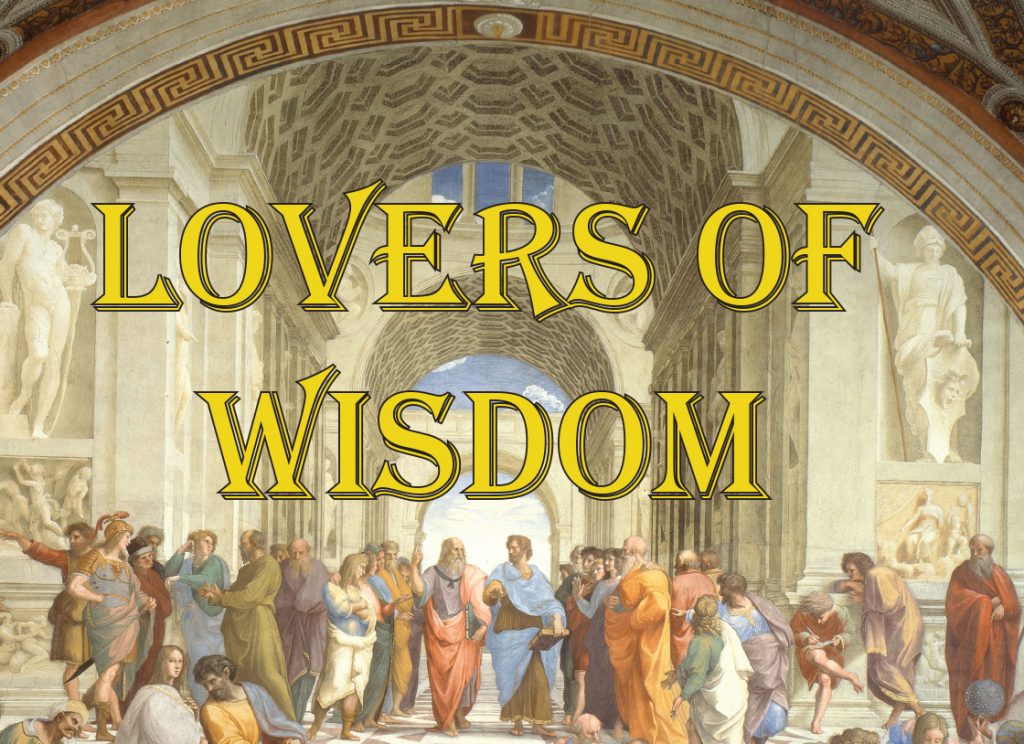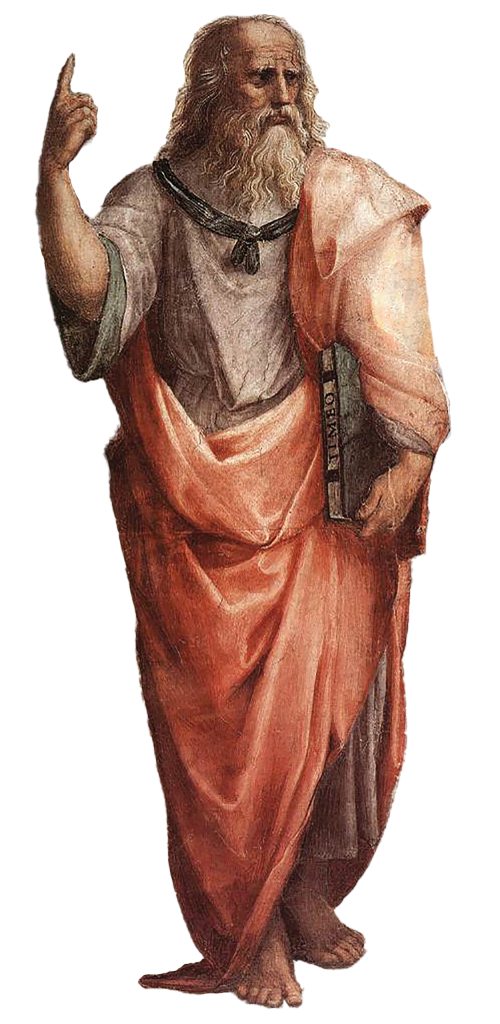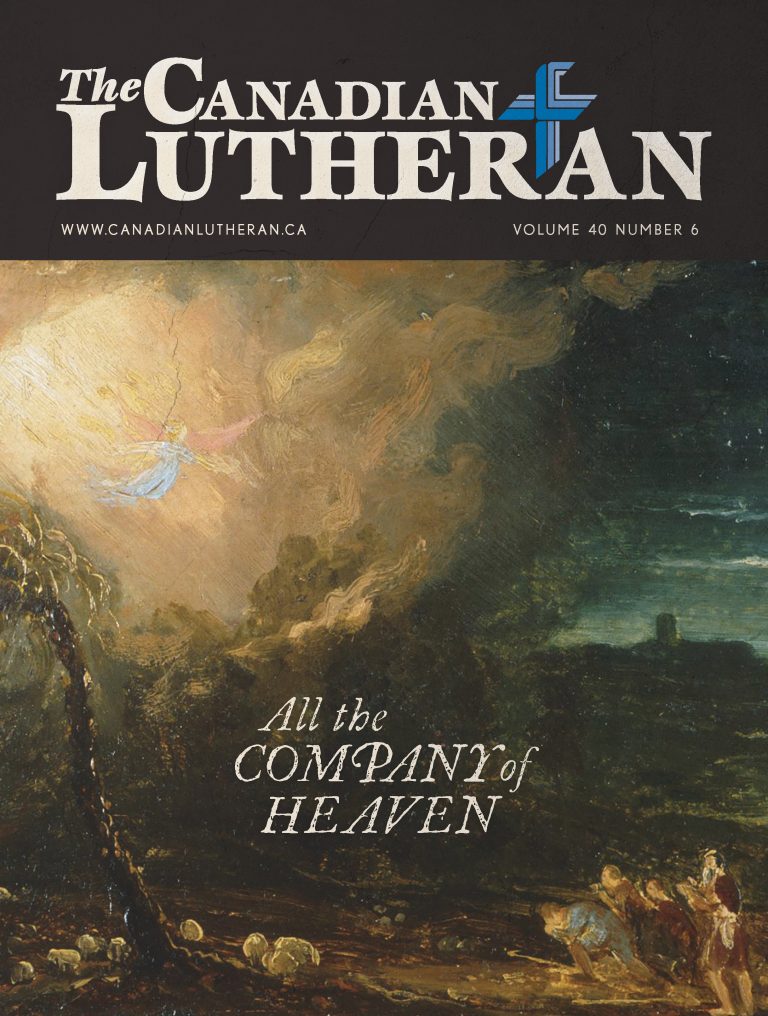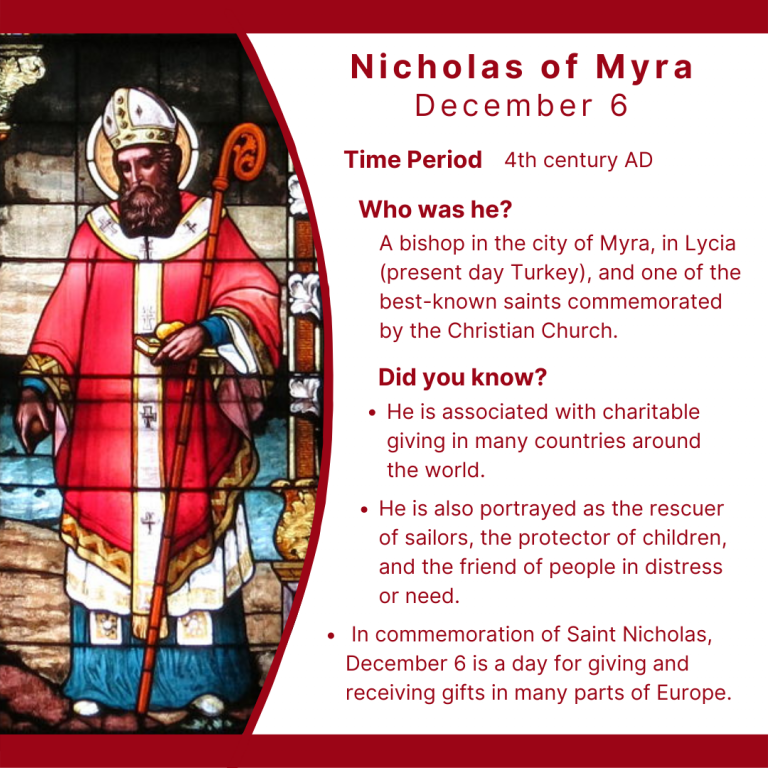Lovers of Wisdom: Christians and the Right Use of Philosophy

by Adam Chandler
“What does Athens have to do with Jerusalem?” This was a question posed by the early Christian theologian, Tertullian. Paraphrased, we can understand this to mean: “What does Greek philosophy have to do with Christianity?” Athens, after all, was the historic centre of Greek philosophical thought, while Jerusalem is the city where our Lord died and rose again.
The question is rhetorical. Tertullian was basically warning that Christianity should have no fellowship with non-Christian philosophy. The fear was that these Greek philosophies might confuse or even dominate Christian thought and life. In fact, Tertullian saw this philosophy as the source for several heresies in the Church. For example, the theology of Platonism—the dominant philosophy in Tertullian’s day—eventually became confused with Christianity and helped give rise to a heresy in which the Father was seen as the source of all things, while the Son was understood to be a second god. Later philosophical schools would similarly introduce other damaging heresies into the church.
Philosophy can be dangerous, but even Tertullian, for all his concern about philosophy, didn’t reject everything about it. He uses basic philosophical reasoning and argumentation to uphold Christianity in the very book in which he warned against using Greek philosophy. In the same way, we too rely on philosophical principles as we go about our lives and articulate our Christian faith. Whenever we try to make sense of the world and our place in it, whenever we use logic and reason, we are doing philosophy.
The key is to remember who is in charge: we must let God’s Word be master over our philosophy, and not let philosophy dictate our understanding of who God is and what He says.
Over the centuries, Christianity has sought to discern which philosophy is helpful for developing theology and which is harmful. The Platonic theology in Tertullian’s day led to heresy; but Platonic approaches to logic and ontology (the study of being and existence) have proven helpful for Christians as we seek to understand certain concepts in Scripture. The key is to remember who is in charge: we must let God’s Word be master over our philosophy, and not let philosophy dictate our understanding of who God is and what He says.

Detail of Plato from “The School of Athens”: Raphael, 1509-1511 (altered).
The Bible itself uses philosophical reasoning. For example, in Romans, St. Paul uses the argument of cause and effect to say that God’s attributes can be observed from the creation. This philosophical deduction is good! But St. Paul goes on to explain that people reject this logical deduction due to original sin (see Romans 1:18-21).
The word “philosophy” itself appears in Scripture only once, when St. Paul warns the Colossians: “See to it that no one takes you captive by philosophy and empty deceit, according to human tradition, according to the elemental spirits of the world, and not according to Christ” (Colossians 2:8). Taken in isolation, this paints philosophy in a rather negative light. Yet, like all Scripture, the verse must be read in context. In this book, St. Paul is using the word “philosophy” to refer to human traditions which denied Christ (2:18-23)—teachings which deny, in effect, what God says about Himself.
We must not let our personal understanding or worldly beliefs dictate our understanding of who God is or what He says. God shapes our theology, along with our philosophy, by the Holy Spirit (1 Corinthians 2:13). We should therefore think and study in the earnest prayer that God will show us true wisdom. “For the Lord gives wisdom; from His mouth come knowledge and understanding” (Proverbs 2:6).
In fact, that’s what the word “philosophy” literally means: “love of wisdom.” And why shouldn’t we be lovers of wisdom? Well, there is a big difference between the wisdom of God and the wisdom of the world. The wisdom of God appears to be foolishness to human beings. It might seem foolish to have your great and powerful Saviour die upon a cross. Yet this is how our Lord, in His wisdom, brought about salvation for the world. This “foolishness” of God is wiser than anything which humans have imagined (1 Corinthians 1:25). This is why, after warning against worldly philosophies, St. Paul says that these teachings have only “an appearance of wisdom” and “are of no value in stopping the indulgence of the flesh” (Colossians 2:23). Human wisdom cannot stop sin and death, unlike God’s wisdom in Christ. We should aspire to love the wisdom of God which saves from death and establishes true righteousness—that is, we should aspire to be Christian philosophers.
A Christian philosopher considers how we ought to think about and proclaim the wisdom of God in Christ Jesus on the basis of Scripture.
A Christian philosopher considers how we ought to think about and proclaim the wisdom of God in Christ Jesus on the basis of Scripture. Consider the two natures of Christ. When we read Scripture, we find passages that identify Jesus with human attributes as well as divine attributes. As a result, we confess Christ is both God and man. Then, on the basis of Scripture, we can go further. This unified person of Jesus shed His blood on the cross; therefore, we can say that God bled on the cross for our salvation (Acts 20:28) although Christ’s divine nature does not bleed. The person of Christ, who is God, bled for our salvation.

Detail of Jesus from “The Sermon on the Mount”: Henrik Olrik, 19th century (altered).
Is this confusing? Yes. Can we explore all these mysteries of God using philosophy? No. What matters is that our minds are held captive to God’s Word and its truth, not inventing things which God does not say.
Worldly philosophy has its limits, then, but it also has its uses. In Scripture, we read: “The Lord by wisdom founded the earth; by understanding He established the heavens” (Proverbs 3:19). The Lord established His entire creation by His wisdom, and we can observe this design, this ordering truth, within the universe. Christ calls Himself the Truth (John 14:6) because He is the true light that brought life into the universe—and He still enlightens us (John 1:4, 9). If we pursue truth honestly, then, we will see the evidence of how God has structured the universe in His wisdom and power (Romans 1:20); this is the principle underlying Christian scientific endeavor.
These ordering truths are visible in the revelation of creation. You don’t need to look to Scripture in order to understand that chemicals react in certain ways, how light functions, or that mathematical equations are true. Scripture does not need to speak on these things in order for humanity to understand that they are true. But neither do these things deny God’s revelation in Scripture.
In the same way, we are able to observe that the basic principles of philosophy (on questions of being, existence, logic, and so forth) are true as well, in so far as they faithfully describe the world which God has created. Philosophical ideas which oppose Scripture and nature itself, meanwhile, must be rejected. Learning to distinguish one from the other is essential for everyday life.
And yes, you are doing philosophy in your everyday life.
And yes, you are doing philosophy in your everyday life. You might imagine that philosophy is something restricted to the alcoves of universities, or perhaps the dustiest bookshelves in a bookshop. But we all make basic philosophical assumptions all the time.
The most obvious are fundamental laws of logic. Consider the Law of Non-Contradiction: something cannot be both true and not true at the same time. For example, when you see the sun shining without a cloud in the sky, you likely don’t put on your raincoat. You know that, since it is true that it is sunny, the weather cannot also be not sunny at the same time. The weather being sunny and not sunny at the same time is a logical contradiction. In other words, you’re doing philosophy, even if you’ve never heard the term “the Law of Non-Contradiction.”
What other philosophy might we be doing without noticing? In truth, we are all driven by philosophical assumptions and worldviews. If people hold certain ideas to be true or wise, then these ideas will form the basis of their philosophical view of the world. Christians adopt a Christian philosophy in which we believe that there is real truth and wisdom in the world which comes from God. Therefore, we believe in objective truth. But many of those outside the Church reject objective truth; they create their own truth based on personal experience and preferences. In this postmodern philosophy, truth is subjective; there is “your truth” and “my truth” but no objective truth that can prove your truth or my truth to be right or wrong.
Christians adopt a Christian philosophy in which we believe that there is real truth and wisdom in the world which comes from God.
People today are moving further and further away from belief in objective truth. Christians see this, of course, in the world’s abandonment of Christ and His Word. But we see it in other fields too. Consider contemporary questions of gender identity. Is gender real—an objective truth? Or is gender just a word that can be socially constructed? Can “your truth” of how you see yourself disagree with the physical reality of your body? What is a woman anyway?
In the end, the pushback against objective truth today is ultimately a pushback against Christ. For He is Truth, and He created the objective truths which we see at work in the world. He established this world with fundamental governing laws. As we promote and defend Christianity, then, we inevitably will appeal to these truths, guided always by Scripture.
What, then, does Athens have to do with Jerusalem? Quite a lot, it turns out. We live in Athens—in the world—and so we will always be with the secular philosophers. But we need Jerusalem—Christian theology—to structure our philosophy. Without Jerusalem, Athens loses its way and cannot find true wisdom to love each other in Christ.

“Behold, the fear of the Lord: that is wisdom.
And to turn away from evil is understanding.”
Job 28:28
———————
Rev. Adam Chandler is pastor of Hope Lutheran Church in Victoria, B.C.
Cover photo: “The School of Athens”: Raphael, 1509-1511.



